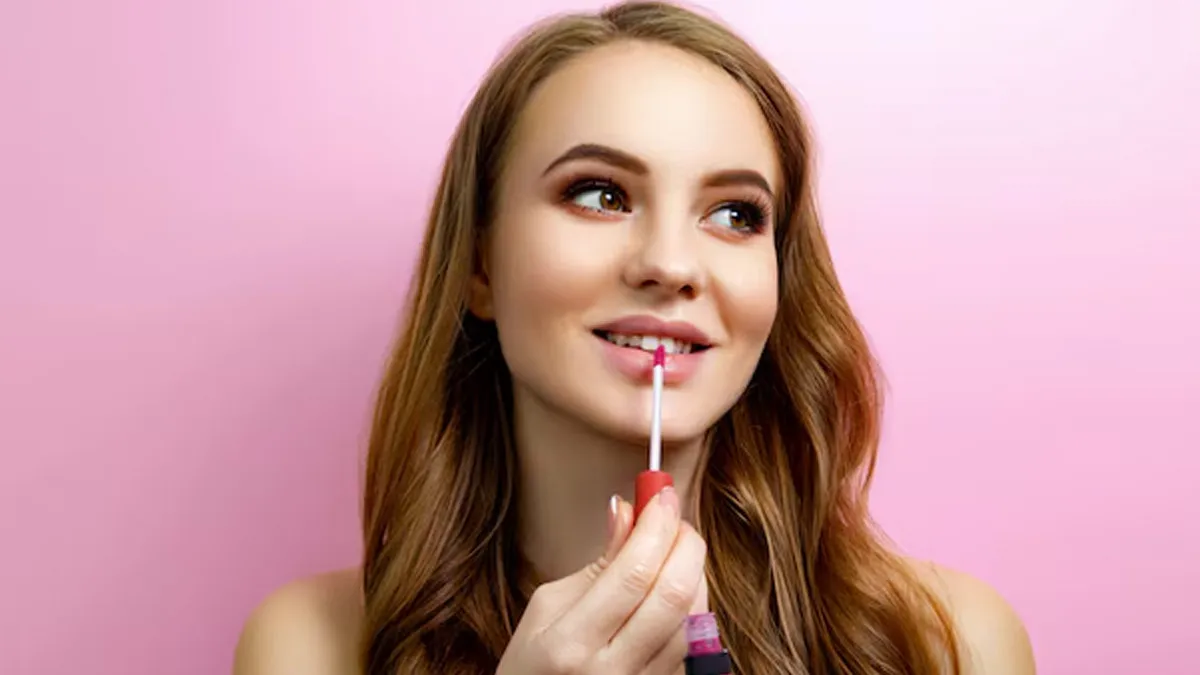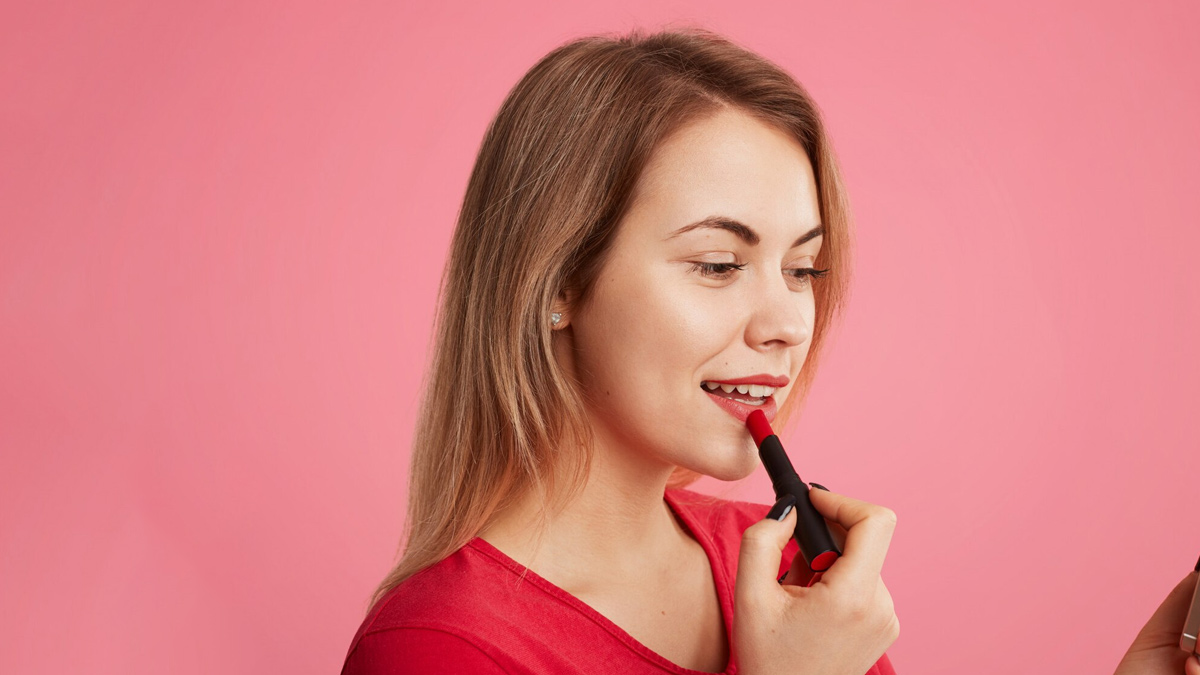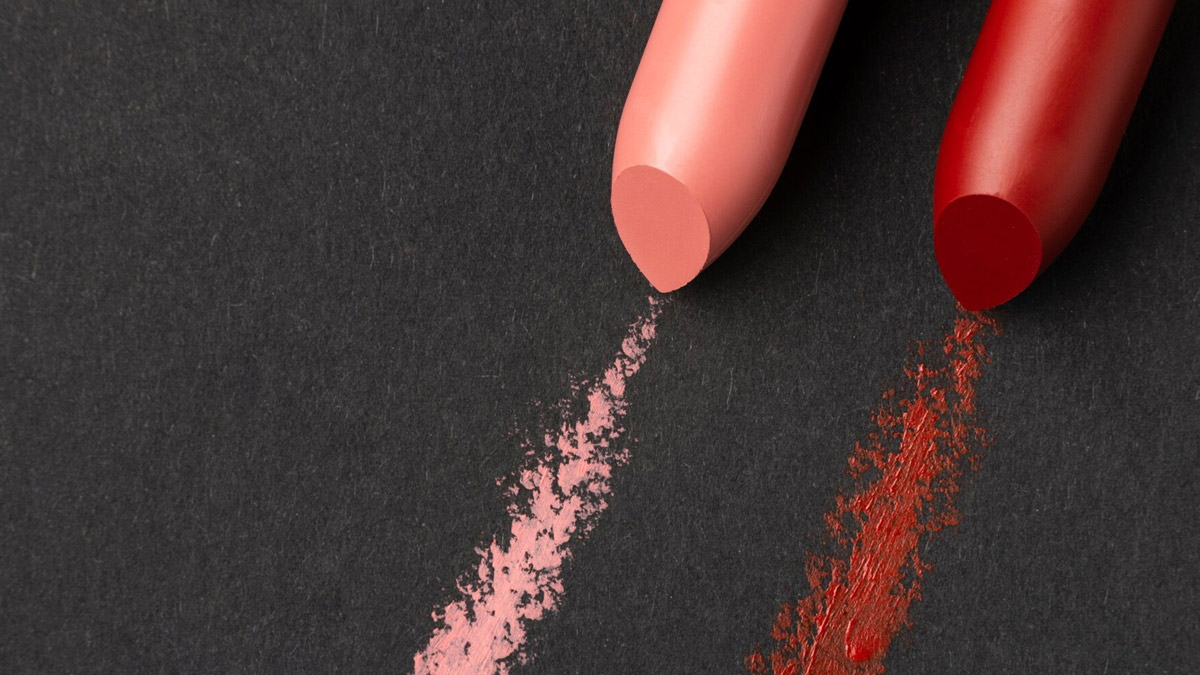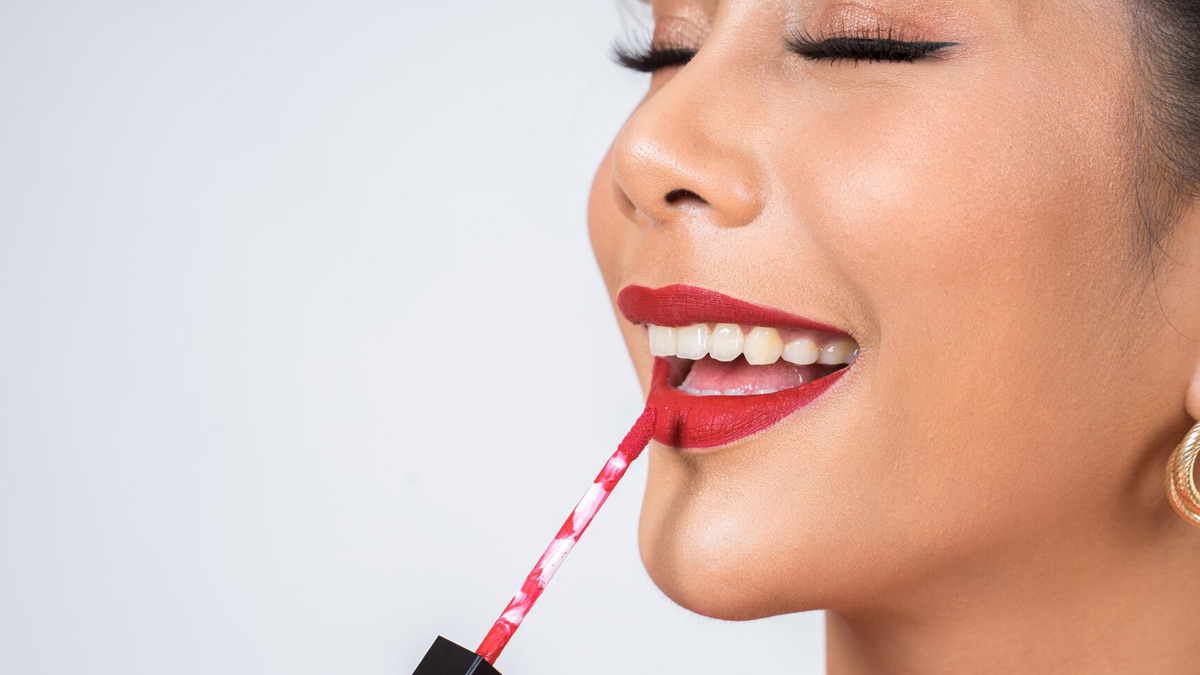
A makeup routine usually feels incomplete without lipstick, as it brightens the face and enhances your overall look. But have you ever thought about how often you lick your lips throughout the day and, in the process, how much lipstick you might be unintentionally ingesting? If that is the case, you may have also wondered if ingesting lipstick can harm your health, and to answer that, the OnlyMyHealth team spoke to an expert.
Table of Content:-
Also Read: From Lipstick to Toothbrush Hack: Exploring Dua Lipa's Guide to Glowing Skin
Is Ingesting Lipstick Harmful?

"Lip products are considered nontoxic in small quantities,” said Dr Vinata Shetty, Dermatologist and Medical Advisor, Kaya Limited, Mumbai, adding that lip product ingredients vary by type and brand, but they may include oils, waxes, perfumes, colouring agents, pigments, lanolin, antioxidants, preservatives, and emulsifiers. Therefore, if ingested, one can rinse the mouth with water.
However, one of the main concerns about lipstick is the presence of heavy metals, the doctor noted.
“According to studies, many lipsticks contain tiny quantities of lead, cadmium, and other heavy metals, which can be harmful to one's health. These metals have been associated with a variety of health concerns, including fertility disorders and neurotoxicity. In addition to heavy metals, certain lipsticks may include parabens, a form of preservative often used in cosmetics. Parabens have been linked to hormonal disruption, raising concerns about their potential role in breast cancer,” she said.
A 2024 study published in the journal Heliyon investigated 12 lipsticks sold in Ghana and found high levels of heavy metals, including chromium, manganese, nickel, copper, cadmium, and lead.
Researchers noted that several samples exceeded safety limits, with copper reaching 14,053.33 mg/kg and lead surpassing the US Food and Drug Administration's (FDA) 10 mg/kg limit, posing risks of neurotoxicity, kidney damage, and systemic toxicity.
Can Frequent Ingestion Of Lipstick Lead To Long-Term Health Issues?

According to Dr Vinata, when you eat lipstick, you are possibly exposing yourself to a high dosage of harmful chemicals like phthalates, parabens, lead, etc. These chemicals can have major health consequences for women of all age groups, particularly in youngsters and pregnant women.
Sharing an example, she said, "Lead has been linked to a number of negative health impacts. Pregnant women are additionally vulnerable to lead exposure since it quickly transfers from the mother to the foetus and disrupts normal development. Lead has also been associated with lower fertility in both men and women, hormonal abnormalities, puberty delays, and miscarriages."
Also Read: How To Make Your Lipstick Stay Longer
Natural Lipstick Alternatives To Try

“Beeswax, coconut oil, and natural pigments are among the components used in natural and organic lipsticks. These lipsticks eliminate synthetic chemicals and heavy metals, making them a safer choice for consumers worried about ingredient safety. Organic lipsticks also promote eco-friendly activities, making them a more sustainable option,” said Dr Vinata.
She further advised reading labels, conducting allergy patch testing in other parts of their skin, limiting usage of heavy chemical products, and selecting better brands.
Conclusion
If you are a regular lipstick user, it is crucial to understand the risk of ingesting lipstick, even unintentionally. Our expert recommends using products with natural ingredients and avoiding lip care products that have synthetic chemicals and heavy metals. Reading labels and choosing good brands can help you choose the right products for yourself. You can also consult a skincare expert or a dermatologist for better recommendations and advice.
Also watch this video
How we keep this article up to date:
We work with experts and keep a close eye on the latest in health and wellness. Whenever there is a new research or helpful information, we update our articles with accurate and useful advice.
Current Version